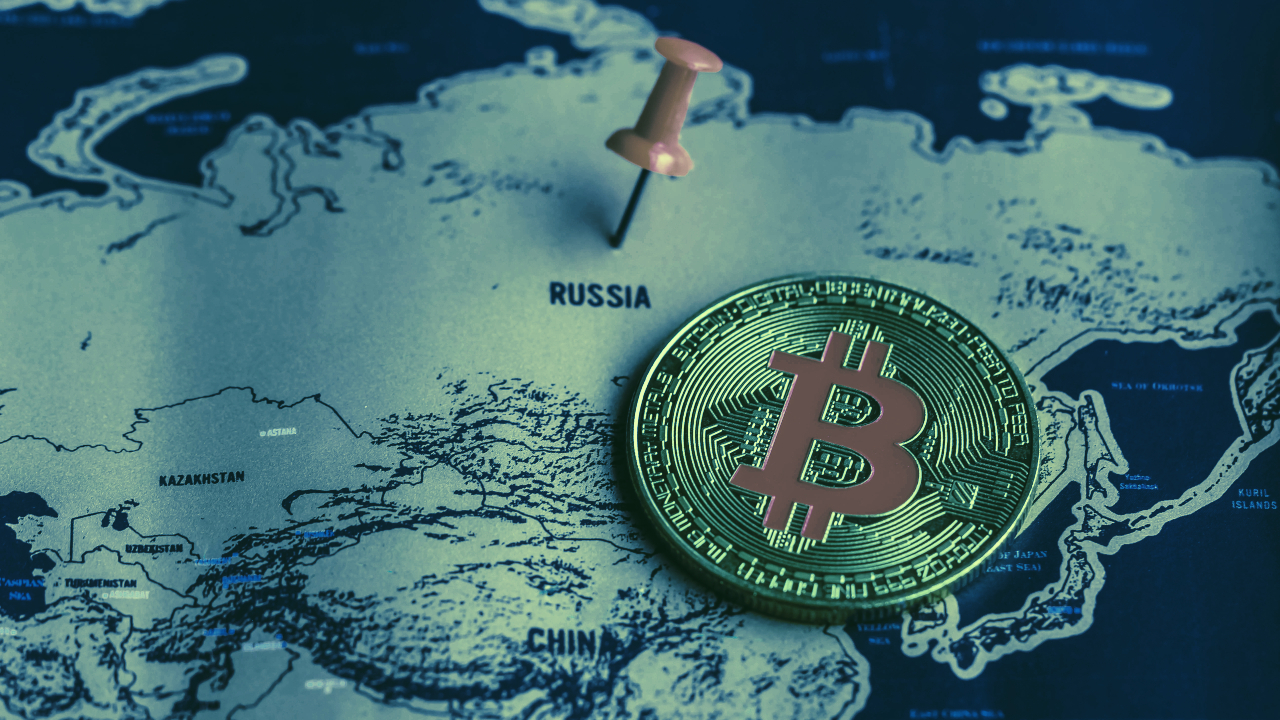Bitcoin Mining Faces Growing Challenges, Warns MARA CEO Fred Thiel
TLDR:
- Bitcoin mining faces growing competition, warns MARA CEO Fred Thiel.
- Shrinking margins and rising energy costs threaten Bitcoin miners’ survival.
- MARA’s strategy to thrive: Stay in the lowest cost quartile.
- Bitcoin mining’s future uncertain post-2028 halving, says Fred Thiel.
- Miners must innovate or partner with energy providers to stay competitive.
The Bitcoin mining industry is entering a tough phase, with increasing competition and shrinking profit margins. Fred Thiel, CEO of MARA Holdings (MARA), highlighted these issues in an interview with CoinDesk, emphasizing the intensifying difficulties miners are facing. Thiel warned that as more participants enter the market, profitability for many will continue to decline, with energy costs determining the threshold for survival.
Increased Competition and Shrinking Margins
Bitcoin mining is now a highly competitive and low-margin industry, according to Thiel. As more companies add capacity, the difficulty of mining increases, forcing others to cope with lower profits. “Margins are shrinking, and the floor is your energy cost,” said Thiel, pointing to energy prices as the key factor in determining the profitability of operations.
Thiel also noted that many miners are finding it increasingly difficult to compete, especially as hardware manufacturers enter the mining space. Companies like Tether are deploying their own mining operations to cut costs. This development adds more pressure to smaller miners who do not have the resources to lower their operating expenses. As the global hashrate continues to increase, more miners face reduced margins and higher risks.
Pivoting to Adjacent Markets and the Future Outlook
Thiel indicated that many mining companies are expanding into adjacent sectors like artificial intelligence (AI) and high-performance computing (HPC). This shift allows companies to diversify their revenue streams and reduce their reliance on Bitcoin mining alone. The changes in the landscape reflect the industry’s growing maturity, where only those with access to low-cost energy or new business models can survive.
Looking ahead, Thiel predicted the situation could become even more difficult after the next Bitcoin halving in 2028. At that point, the block reward will be cut in half to 1.5625 BTC. The economics of mining could become unsustainable for many if transaction fees do not rise significantly or if Bitcoin prices do not surge.
Thiel emphasized that Bitcoin was designed to transition from a reward-based system to a fee-based system. However, transaction fees have not risen as anticipated, and this creates uncertainty for miners. Without substantial changes, the future of many miners will be at risk. He believes that the market will eventually self-regulate as the industry hits profitability limits.
MARA’s Strategy to Survive in a Tight Market
To weather these challenges, MARA Holdings is focused on reducing production costs. Thiel stated that the company’s strategy is to stay in the lowest quartile for production costs. In such a competitive and strained market, “75% of the other guys have to shut down before we do,” he said. This approach allows MARA to withstand the pressure from rising competition and shrinking profit margins.
As the industry matures, Thiel expects that miners will either need to generate their own energy, partner with energy providers, or be owned by one. The days of simply relying on the power grid are numbered. Thiel’s forecast suggests that miners who cannot adapt will be left behind in an increasingly difficult market.
Bitcoin mining is on a challenging trajectory, with competition growing and profitability shrinking. As the market continues to evolve, only miners with innovative strategies and access to low-cost energy will be able to survive.
The post Bitcoin Mining Faces Growing Challenges, Warns MARA CEO Fred Thiel appeared first on CoinCentral.
You May Also Like

Here’s What XRP Requires to Reach $100, According to a Financial Strategist

Russia’s Central Bank Prepares Crackdown on Crypto in New 2026–2028 Strategy
